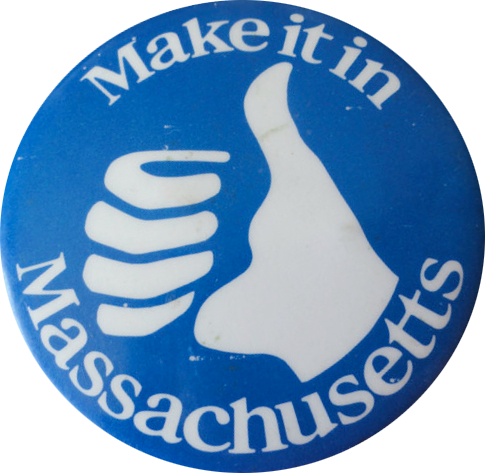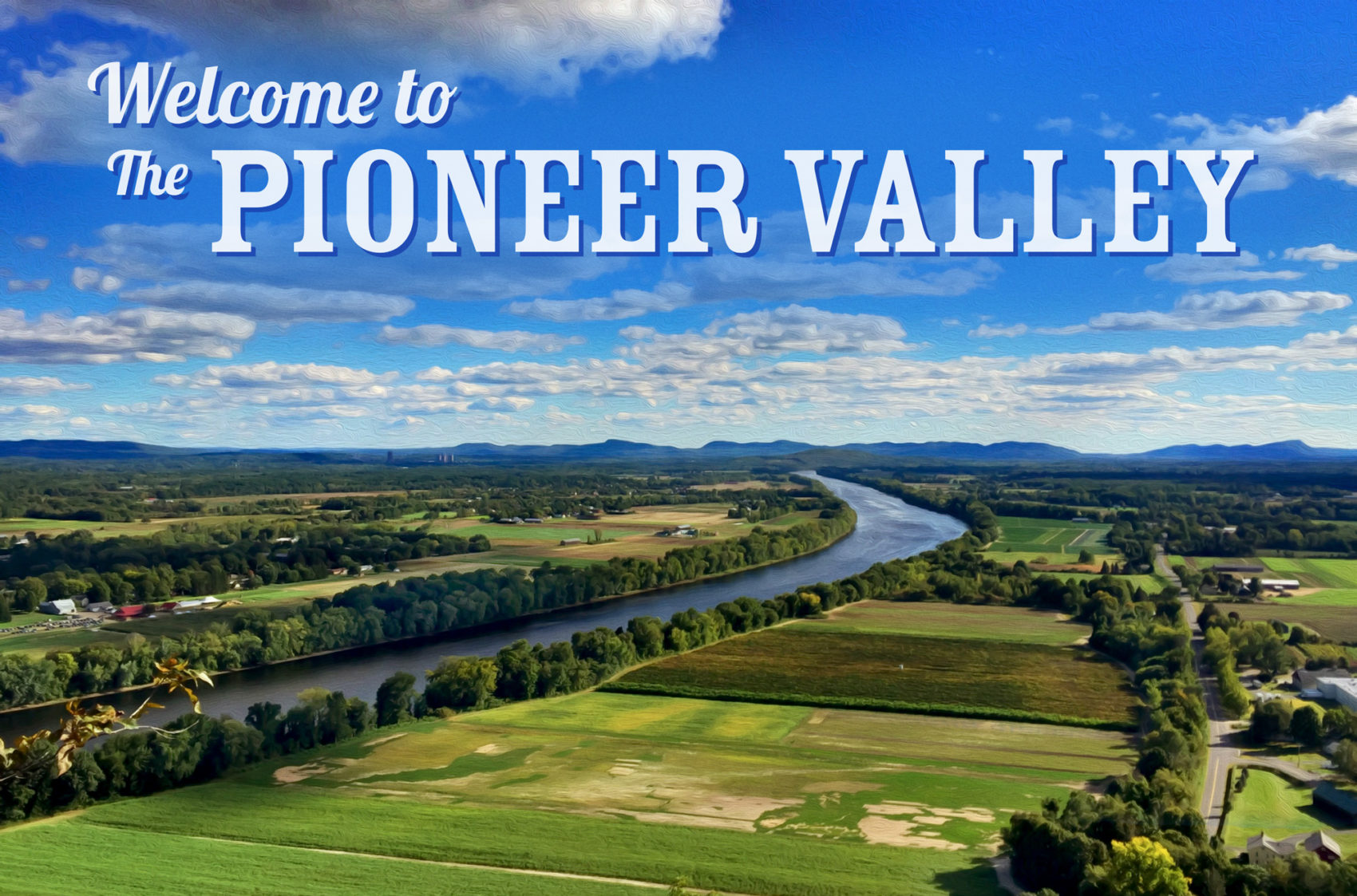A recent unilateral attempt by the Greater Springfield Convention and Visitors Bureau and the Economic Development Council of Western Massachusetts to rebrand our region as “West Mass” strikes me as arrogant, short-sighted, and wasteful. It astounds me that these two organizations would embark upon such a far-reaching effort without involving the greater community in the discussion (until after-the-fact). And it is shocking that the groups paid $80,000 to an Oklahoma-based agency (Cubic Creative) to do the design work, when Western Massachusetts boasts a slew of homegrown creative agencies.
The term “West Mass” is grammatically awkward. “Western” is more adjective-like, and would have been a better choice. “West Mass” sounds like a social media hashtag that someone spent two minutes thinking up. I grant that there are precedents for using “west” as an adjective: we accept West Virginia and the West Coast as sounding normal, for example. But Western Massachusetts already has a couple of wonderful, valuable, and marketable nicknames: the Pioneer Valley, and the Berkshires. I live in the former, so I’ll focus my thesis here.
When I hear the word “Pioneer,” I don’t immediately think of the stereotypes of Conestoga wagons, tumbleweeds, Remington rifles, and people sporting either cowboy hats or sunbonnets. I think of the conceptual associations of the word: “leader,” “first,” “independent,” and, yes, “maverick.” This is exactly what the economic development experts are trying to project, right? It’s all right here, in the word “Pioneer”! (How’s that for a slogan?)
Who cares whether or not the term “the Pioneer Valley” (also known as “the Happy Valley”) isn’t well-known outside of our region? Maybe “the Pioneer Valley” is the secret pet name that you get to know only after you’ve invested some time living here. There are other ways to develop an economy and attract external investment than trying to shoehorn people into a new, inauthentic identity. Instead of worrying about external investment, how might we stimulate our economy from within? High-speed rail service between Springfield and Boston would stimulate tourism and employment opportunities. Let’s keep working on that. Perhaps we could draw more attention to all the healthy outdoor activities and unspoiled mountains and valleys that give context, beauty, and meaning to our day-to-day lives here. Or perhaps an organization could invest in the revitalization of one of the scores of boarded-up buildings in downtown Holyoke.

It boggles my mind that anyone living in Western Massachusetts would see the new wordmark and think, “Ah, this represents us.” I’ve let it sink in for a couple of months, hoping that it would grow on me. But it still doesn’t resonate. The logo feels generic, and it is typographically-awkward. The slanted “M” is unstable, and the offset alignment calls attention to “ass.” The orange-and-turquoise color scheme feels more like Miami than New England. The brand does not sufficiently express the historical, cultural, and geographical attractions that make our region special. Are we so desperate for economic stimulation that any old solution will suffice? And speaking of solutions, they are most effective when they proceed from well-defined problems. What was the problem here? And how does an $80,000 orange and teal logo propose to solve it?

If self-ordained economic development experts are going to invest in a logo and brand that looks—to be honest—straight out of the 1980s, I say we bring back the “Make it in Massachusetts” campaign, which was warm and charming, and didn’t take itself too seriously. But “West Mass”? It leaves me cold.
The identity of a region runs deeper than the superficiality of commerce, and any attempt to stimulate commerce by tampering with this identity should be approached with solemnity and respect. Importantly, the process should involve all of the region’s constituents—not just its businesses. This lackluster rebranding effort reflects little care or compassion toward the people of our region. It fails to consider our sovereignty and our character.
The Pioneer Valley—my home for three decades—will always be the Pioneer Valley to me, regardless of any misguided attempts to serve me a new identity. Western Massachusetts (I don’t mind spelling it out) is already abundant. We have: once-thriving mill towns in various stages of recovery and reuse, farms, farmers’ markets, community-supported agriculture, colleges, excellent public- and alternative schools, mountains, rivers, dinosaur footprints, waterfalls, fish ladders, cosmopolitan small cities and towns, world-class art museums and restaurants, artists, mom-and-pop shops, shopping malls, a music scene, rock stars, literary heroes, microbreweries, coffee roasteries, manufacturing, high-tech industries, environmental industries, energy industries, boating, hiking, sky-diving, swimming, alternative medicine, political activism, civil disobedience, open-mindedness, and tolerance. Through it all, we manage to get along with each other.
Of course, the region also boasts its share of poverty, drug abuse, crime, inequality, entitlement, racial tension, sexism, traffic, urban sprawl, seasonal pollen, humid summers, potholes, decaying infrastructure, Massholes, and other detractors. Any economic development plan worth its salt ought to address these issues from the inside, and by soliciting input from the greater community. The Pioneer Valley—the place and the term—is big enough to contain and reflect all of our multitudes. I’m sticking with it.
